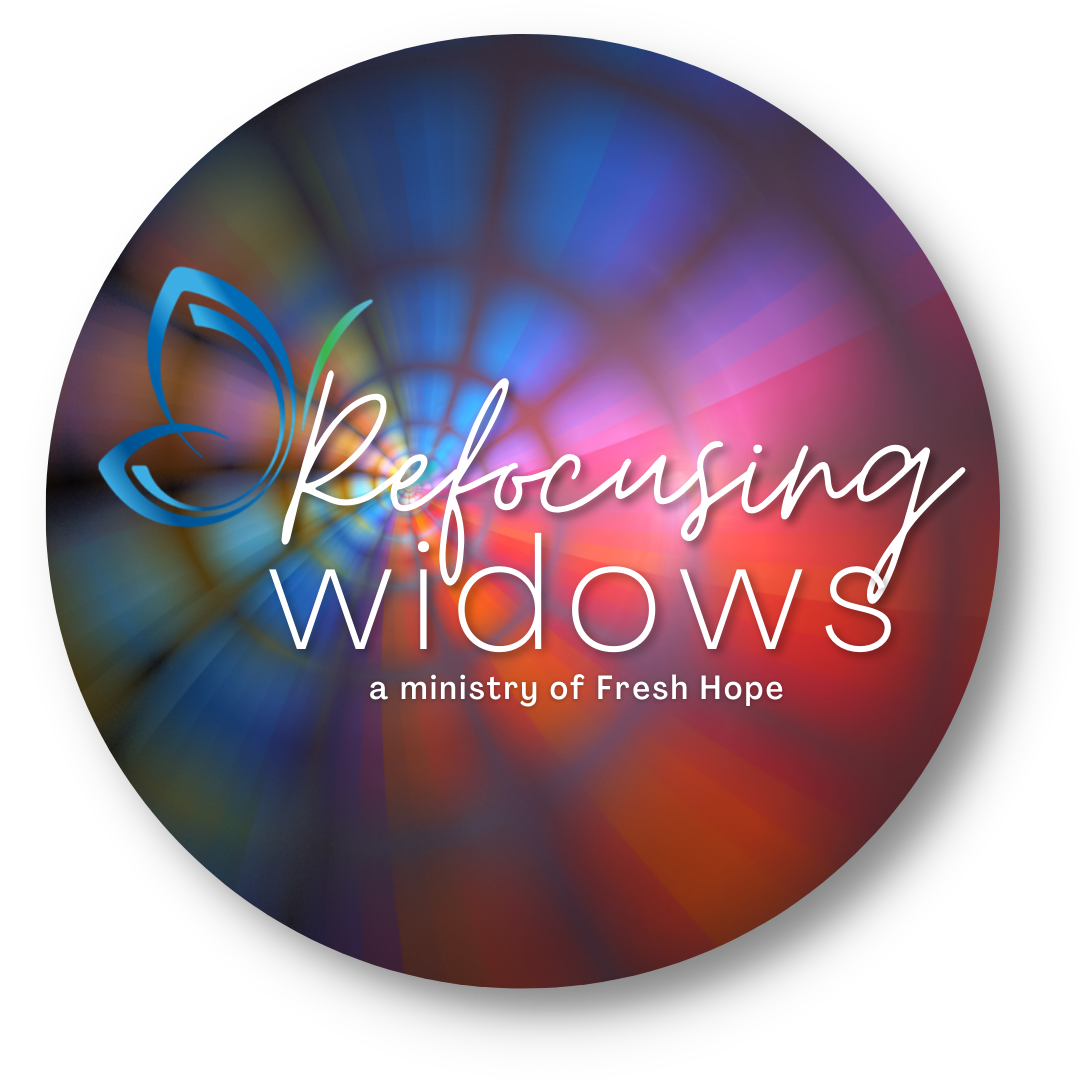
Rock-a-bye Baby!
We’ve talked about eating nutritious meals, drinking plenty of water, and moving our bodies…but what about sleep? The last of these four wellness components we want to consider is sleep. Are you getting enough sleep to keep your mind and body refreshed and restored?
One of two sleep dysfunctions is typically true of new widows: they sleep too much, or they don’t sleep at all! Neither one demonstrates a healthy balance. We tend to land in extremes when it comes to sleeping. Some women can no longer sleep in their bed or even in the room that they shared with their spouse for 30, 40, or 50 years. Some women can’t let go of the King-sized bedroom set that they bought together. Some stay on the same side of the bed, and some switch to his side! Some stay on their side and fill his side with all the extra pillows! And then there are those of us who get a dog, and the rest is history!
Many factors contribute to sleep malfunctions. If you were a longer-term caregiver, your body likely adapted to sleeping lighter and sleeping less because of your caregiving responsibilities. In my case, I had to always be half awake to hear if Dave was choking or having breathing issues that required attention. And then there were the meds scheduled every 2-4 hours night and day. Who had time to get that restorative deep sleep that the body requires? Much like coming home with a new baby, we learned to sleep with our ears always listening and our bodies always alert for an emergency. Eventually, when you are no longer responsible for someone’s else’s care, your body should re-adapt to its own sleep schedule. The key word here is “should”! As we well know, this doesn’t always happen – at least during the first part of the journey!
A normal night’s sleep for most adults should be 7-9 hours, depending on your individual needs. This gives the body time to cycle through those important sleep stages. What are those? Basically, they fall into four different categories: Awake time, REM sleep (when you’re dreaming), Core sleep, and Deep sleep (where repair and restoration happen). Each stage is important in its own right in order to keep you in good mental and physical health. You may cycle through these several times during your sleeping hours, including waking and not remembering it!
Sleep is the down time that allows your body to perform essential maintenance tasks – much like when the cleaning crew comes in to reorder the office during the night hours. During the time that you are somewhat unconscious, your body is working on memory, hormones, and immune systems. It improves your ability to learn, gives your heart a rest, and can even lower your blood pressure.
According to numerous scriptures, sleep is a gift from God, He promises to give His children sweet, restful sleep. He also promises to keep you safe while you’re sleeping! Often, fear of being alone in the house is a cause of not being able to go to sleep. When we realize that peaceful sleep is a gift from God, and that He continually watches over us, it becomes much easier to get proper rest. Psalm 121:4 tells us this: “Behold, He who watches over Israel will neither slumber nor sleep.” He never closes his eyes!
Take a few minutes to think on these verses:
“If you lie down, you will not be afraid; when you lie down, your sleep will be sweet.” – Proverbs 3:24
“In peace I will both lie down and sleep; for You alone, O LORD, make me dwell in safety.” – Psalm 4:8
“It is in vain that you rise up early and go late to rest, eating the bread of anxious toil; for he gives to his beloved sleep.” – Psalm 127:2
Aside from this most important thing of meditating on and trusting in God’s promises, there are some things you can do to help you get good sleep.
1.) Keep a regular sleep/wake schedule. Getting lots of bright light in the daytime and having your bedroom dark at night will help keep your circadian rhythms regular. Your body will know when it’s time to go to sleep!
2.) Limit your screen time (blue light) for two hours before going to bed. Blue light in the evening tricks your body into thinking it’s daytime and seriously reduces the amount of melatonin (sleep inducing hormone) that your body produces.
3.) Don’t drink caffeine late in the day or in the evening. Stimulants will keep you awake.
4.) Get plenty of exercise but not right before bedtime!
5.) Optimize your sleep environment: reduce noise, darken the room, have a comfortable bed and pillow.
As you work through the grieving process, you will need to retrain your mind and body as to when you should be active and when you should be sleeping. Don’t get discouraged. Persistence will pay off, and you will once again reap the benefits of good nutrition, hydration, exercise, and sleep!
As always, your thoughts and comments are welcome here or you can email me at sheryl@freshhope.us. If you’re looking for a new purpose and a pathway to move ahead, please consider joining one of our Refocusing Widows groups, either in person or online. You can register at www.refocusingwidows.org/Groups. We look forward to meeting you!

